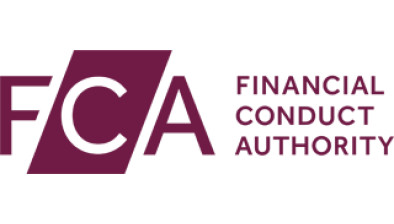KPMG ordered to pay £700k in sanctions

The Financial Reporting Council (FRC) has imposed sanctions against KPMG, ordering the audit firm to pay £700,000 for audit quality breaches.
The watchdog has imposed the sanctions against KPMG and Nicola Quayle, the former senior partner for KPMG’s Manchester office, in relation to the statutory audit of the financial statements of a company for the 2015/16 financial year.
The FRC said that whilst the Decision Notice does not question the truth or fairness of the company’s FY2016 financial statements, the breaches of Relevant Requirements related to the audit of items which were material to the consolidated income statement, albeit the scope of the breaches was relatively limited in nature.
The watchdog said the breaches concerned KPMG’s failure to apply sufficient professional scepticism, or to obtain and document sufficient appropriate audit evidence, in relation to the statutory audit of the company’s reporting of two distinct categories of complex supplier arrangements; namely “Promotional Income” and “Overrider Income”.
The FRC said that the seriousness of the breaches was aggravated by the facts that:
- The FRC had made auditors aware, through publications in 2014 and 2015, that complex supplier arrangements would be an area of particular attention in its reviews.
- Both KPMG and Ms Quayle have poor recent regulatory records.
- Ms Quayle held senior management responsibilities within KPMG.
Alongside the £700,000 sanction, PMG will receive a reprimand and must undertake a quality performance review of three statutory audits for which Ms Quayle is the statutory auditor, within a two year period from the date of the decision notice.
Ms Quayle has also received a financial sanction of £45,000, a reprimand and has been ordered to undertake a training course.
Claudia Mortimore, deputy executive counsel to the FRC, said: “This is a measured and proportionate package of sanctions, which balances, on the one hand, the limited nature of the breaches, which did not call into question the truth or fairness of the financial statements, with the fact that auditors should have been on alert to pay particular attention to these types of complex supplier arrangements.
“Professional scepticism remains at the core of an auditor’s duty and the FRC will take appropriate action where it has been lacking, as in this case.”










